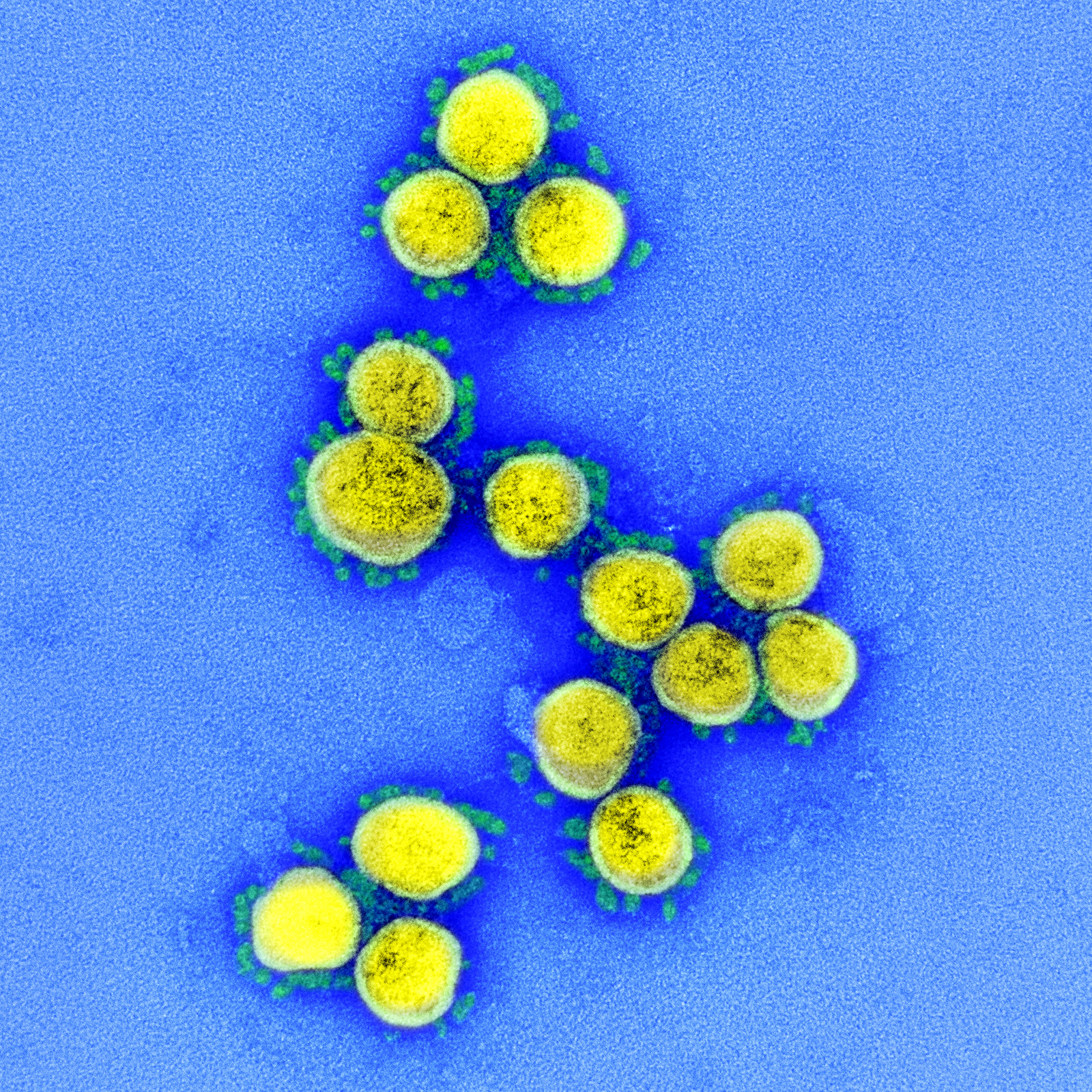Pharma given COVID-19 test 'call to arms' by health secretary

UK health secretary Matt Hancock has asked pharma and biotech firms to help the country find antibody tests that work against COVID-19 in a bid to find an exit strategy from the lockdown that is crippling the country’s economy.
Hancock has asked the companies in a conference call to help identify and mass-produce a fingerprick test that can accurately indicate whether someone has had the virus and recovered from it and is able to go back to work.
The UK has been criticised for its slow start to beginning tests against the coronavirus – at the moment there is capacity to test 14,000 people a day with NHS workers, those in hospital, care homes or prisons prioritised.
In contrast, Germany was able to conduct 50,000 coronavirus tests daily at the beginning of this month, with plans to keep increasing this number.
But testing is a key step towards getting the nation working again after GDP figures showed the UK economy was stagnant in the first three months of the year before the coronavirus outbreak set in.
The country is now sliding into recession - two consecutive quarters of negative economic growth - because of the outbreak and some commentators are already predicting it could be the sharpest economic contraction seen in a lifetime.
Hancock has set a target of 100,000 coronavirus tests per day in the UK by the end of the month, made up of a combination of lab tests for the presence of the virus, and fingerprick tests to see whether antibodies against the virus are present and patients are therefore likely to be immune.
The UK government ordered 3.5 million antibody tests from China but Professor John Newton, the expert drafted in to assess them, admitted earlier this week that none of them work sufficiently well to be used.
Responding on behalf of the UK pharmaceutical industry, Richard Torbett, chief executive of the Association of the British Pharmaceutical Industry (ABPI), said: “The Secretary of State for Health has set out a clear goal to rapidly increase the number of patients, NHS staff and key workers that can get quickly and safely tested for coronavirus.
“The pharmaceutical industry is playing the biggest possible role in the fight against COVID-19 and a huge amount of work is already happening to research new medicines and vaccines and develop new diagnostics.
“(The) call to action from the government is another example of how the industry is coming together to use the breadth of our expertise to step up to the challenge to meet the Government’s ambitious target.”
The ABPI highlighted the efforts already underway by the UK’s pharma industry to develop tests for COVID-19.
These include:
- A new lab set up by AstraZeneca and GlaxoSmithKline at Cambridge University’s Anne McLaren laboratory, and providing support for national testing centres in Milton Keynes, Alderley Park, and Glasgow.
- A test from Randox in Northern Ireland that complies with WHO guidelines and identifies patients infected with COVID-19 and eight other related or similar virus symptoms. Randox is working with Bosch Healthcare to make a point of care test that can give results in three hours.
- Takeda is partnering with public bodies and pharma and Europe’s Innovative Medicines Initiative to leverage collective expertise to help develop diagnostics for COVID-19.
- Roche has diagnostics that the FDA has already cleared using its Emergency Use Authorization (EUA).
- The consortium of life sciences companies announced at the end of March that seeks to accelerate the manufacture and development of tests, vaccines and treatments for COVID-19 alongside the Gates Foundation. It is co-chaired by Novartis CEO Vas Narasimhan, with BD, bioMérieux, Boehringer Ingelheim, Bristol-Myers Squibb, Eisai, Eli Lilly, Gilead, GSK, Johnson & Johnson, US-based Merck & C0., Germany’s Merck KGaA, Novartis, Pfizer, and Sanofi.
Feature image courtesy of Rocky Mountain Laboratories/NIH













